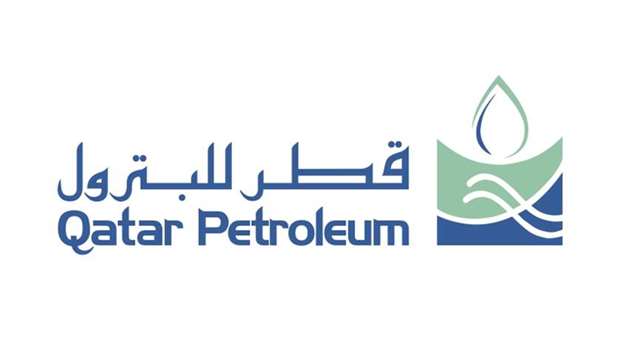Qatar Petroleum has joined the World Bank-led Global Gas Flaring Reduction Partnership (GGFR) Multi-Donor Trust Fund, as part of its “commitment to stronger collaborations” in the global effort to reduce flaring or burning of natural gas associated with oil and gas exploration, production and processing operations.
By committing to the World Bank’s “Zero Routine Flaring by 2030” initiative, QP is supporting the global effort to end the industry practice of routinely flaring associated gas during oil production, a necessary goal if the world is to keep a global temperature rise this century well below 2 degrees Celsius above pre-industrial levels.
This announcement comes in accordance with, and commitment to, Qatar Petroleum’s recently announced Sustainability Strategy, which acts as a clear direction towards reducing the emissions intensity of Qatar’s LNG facilities by 25% and of its upstream facilities by at least 15%, and reducing flare intensity across upstream facilities by more than 75%.
Qatar Petroleum’s Sustainability Strategy also sets out a target to eliminate routine flaring by 2030, and limit fugitive methane emissions along the gas value chain by setting a methane intensity target of 0.2% across all facilities by 2025.
As Qatar Petroleum works towards achieving this goal, Qatar Petroleum’s upstream assets continue to reduce flaring.
In 2019, Qatar Petroleum achieved 68% reduction compared to 2012 when Qatar Petroleum first started its flare reduction program.
The ongoing flare reduction initiative has further contributed to a 7.5% reduction in GHG emissions in 2019 and Qatar Petroleum achieved a 72% reduction in methane emissions from flaring compared to the same period, from 2012.
Launched in August 2002 at the World Summit on Sustainable Development, the GGFR is a public-private partnership of governments, companies, and multilateral organisations working to end routine gas flaring at oil production sites across the world.
The partnership helps identify solutions to the many technical and regulatory barriers to flaring reduction by developing country-specific flaring reduction programmes, conducting research, sharing best practices, raising awareness, increasing the global commitments to end routine flaring, and advancing flare measurements and reporting. Ending poverty and boosting shared prosperity is also an integral part of GGFR’s strategy.

